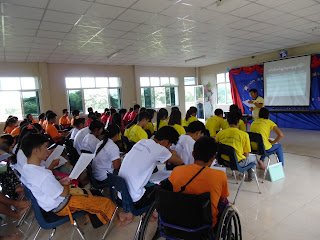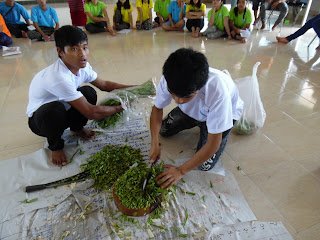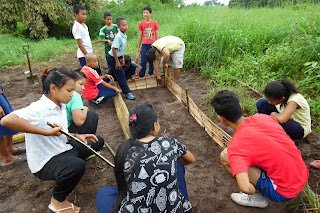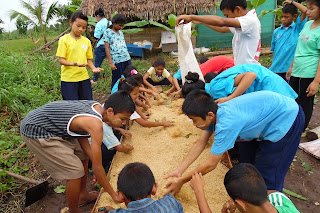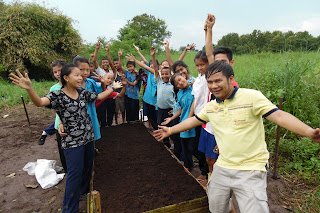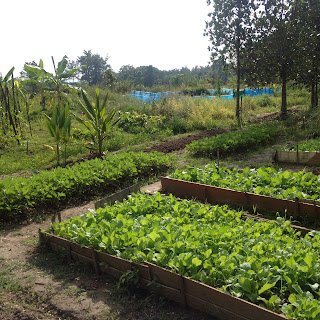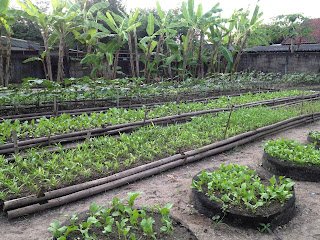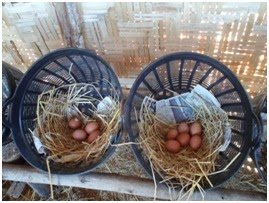
UPLift is a targeted program designed to assist marginalized communities on the Thai/Burmese border
Here’s a journal of our work over the years. Note that it covers year 2010 – 2015.
History
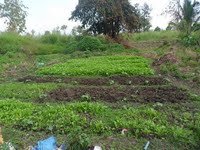
Agriculture was the first project Khom Loy ever undertook in Thailand, beginning in 2003 when Paul Hancock hired Khun Pun, a former Government agricultural adviser. She was soon joined by Yote, a member of the Akha hilltribe and for the next few years, this team, funded by grants from the Canada Fund, set about helping over 30 villages in the hills around Chiang Rai. From 2003-2009, we helped families from over 30 villages with a variety of projects, including training, supplying seeds and plants, microcredit, and organising land use for landless families. This programme was discontinued in 2008 when economic progress in the region reduced the need for support of this sort.
Birth of UPlift
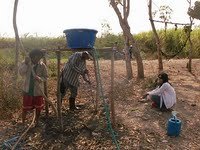
In 2010, Paul Hancock read a review of a book describing the programmes for the poorest 20% of the population created by BRAC, the world’s largest NGO, and realised that these programmes could be adapted for use to benefit marginal groups living on the Thai/Burma borders. Mark Cox, a Peace Corps volunteer who had been working in Northern Thailand since 2008 was recruited to design and run the programme, and an initial grant of US$7,000 was obtained to allow the launch of the project in July 2010.
Program activities
Since 2010, UPlift has focussed on migrant communities in two locations:
- Mae Sot, on the Thai/Burma border, where over 100,000 migrants and refugees from Burma live in poverty, most without any form of identification or healthcare. Jobs are difficult, sometime dangerous, and wages are often far less than the legal Thai minimum.
- Fang, also close to the Thai/Burma border, where thousands of migrant workers from the Shan State part of Burma work are hired as seasonal agricultural workers, and exist under similar conditions to those living close to Mae Sot
Our initial activities have been:
- Income generation for poor families: we have helped families with such projects as growing food and making handicrafts from discarded scraps on a landfill site.
- School food programmes: we started a pilot programme with two schools to teach children how to prepare soil, make compost and plant seeds, and have now been given a grant to scale up this project to 16 further schools over the next 2 years
- Pig and other livestock rearing using low-cost fermented feed: we came across a little-known method of fermenting widely available organic vegetation (such a banana stem) to make nutritious feed for pigs, chickens and fish-rearing (where protein store-bought feed is usually a major input cost). We sought out the few experts working in this field and documented the different techniques, which we are now using in a pilot project to teach a migrant school to raise pigs. Once we have completed this project, we will roll out the programme to other interested families and schools, with suitable funding/grant resources to provide self-sufficiency and income generation.
